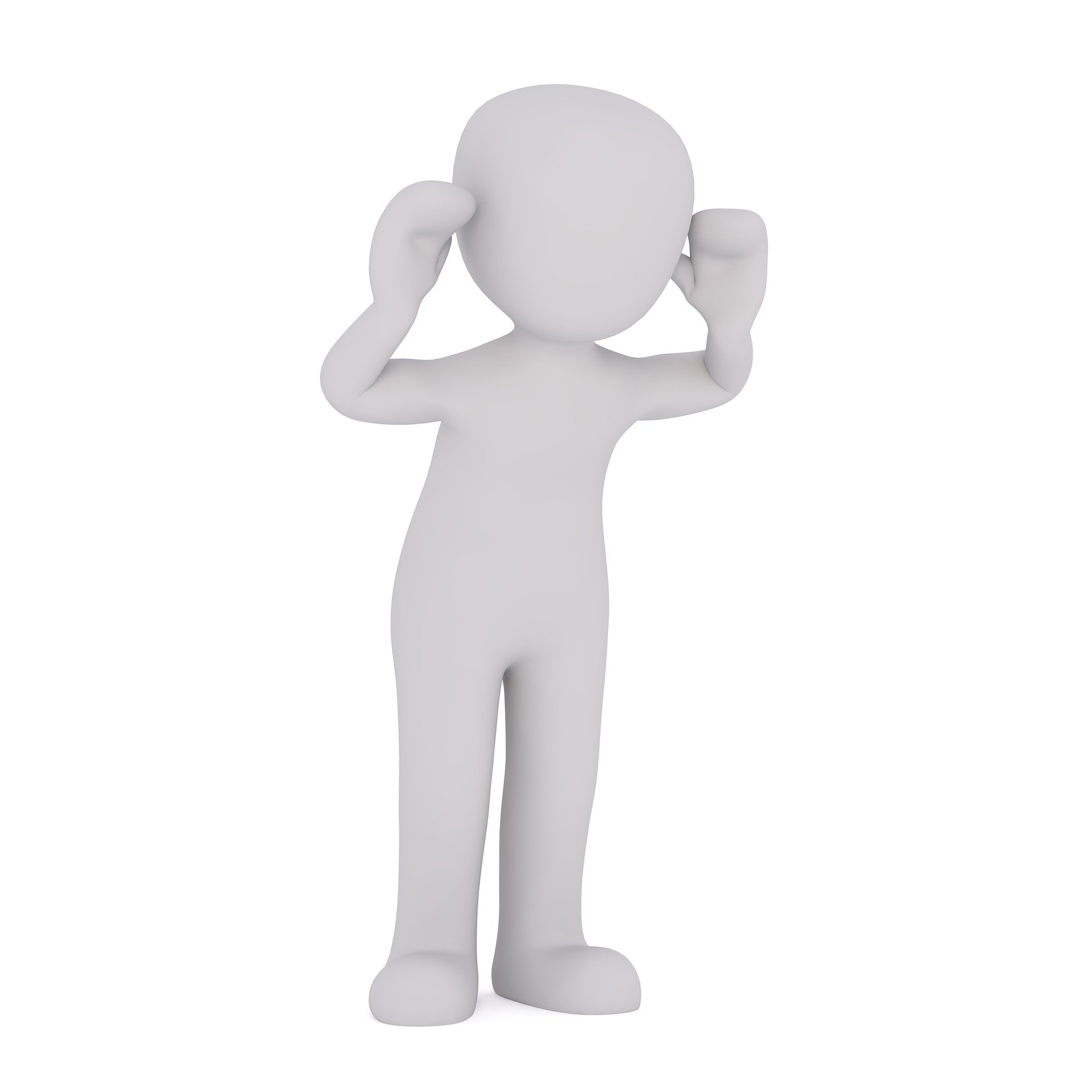1)All the better to hear You with :
As Rashi (19:10) points out in our sedra, before Mattan Torah all the members of Bnei Yisrael who suffered from illness, disease, or forms of handicap were cured. Thus, the blind could now see again, the deaf could hear, and the dumb could speak (and think!). This was a great chesed on HaShem’s part, but why did He do it before Mattan Torah; is there any connection between Mattan Torah and such healing? The answer (I think I saw it in the name of Rav Gifter) is that HaShem wanted Bnei Yisrael to wholesomely experience the Divine revelation at Har Sinai. That meant connecting with HaShem, so to speak, with every sense the body has. This is why HaShem had all the illnesses healed – in order that Mattan Torah should be imbued within us to the greatest possible degree.
2)Mount Humility
Chazal tell us that HaShem chose Har Sinai to host Mattan Torah for it was the smallest and ‘most humble’ of mountains. The Chofetz Chaim in our sedra stresses that humility (anavah) is the prerequisite for accepting the Torah. For someone who is haughty cannot subsume himself into Torah – for ultimately he views himself as more important than Torah. Moreover, there are other sources which point out that humility is a prerequisite for accepting Torah. Firstly, the Mechilta points out that the fact that Moshe went up Har Sinai to receive the Torah shows us that only someone with anavah (Moshe was the most humble person ever) can accept the Torah. Similarly, the gemarra points out that Torah is compared to water in that just like water only flows from a high place to a low place (gravity does not let water flow upwards – try it yourself!) so too does Torah only flow to someone low and humble. And the Kotzker Rebbe says the same in explaining that the sedra (and Chumash) Bamidbar is so titled to teach us that only one who makes themselves like a desert (I.e desolate in terms of not having any ego) will be able to fully accept the Torah.
3)No, he’s not your real uncle, but respect him anyway
The Chofetz Chaim points out that the mitzvah to honour one’s parents includes showing honour to those who our parents honour. And, he continues, since our ancestors honoured the Torah with their lives (especially during the last century), we have a special duty to honour the Torah with all our might.









